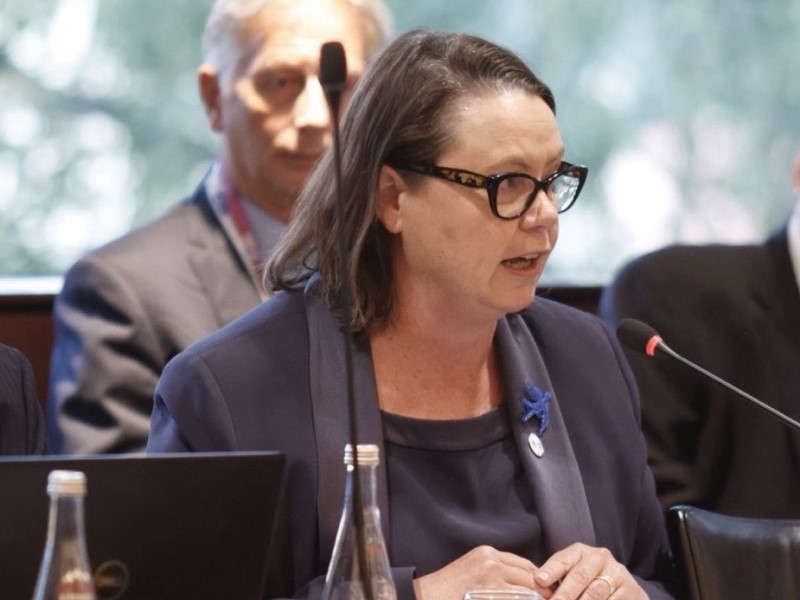A new critical minerals prospectus designed to attract foreign investment in Australian miners has been published by the federal government amid a slump in the cost of lithium and nickel globally.
The prospectus, released on Monday, details 52 projects that are at an investment-ready stage, including several that are exploring opportunities to develop production facilities for materials across the battery value chain.
It also highlights other factors that makes Australia an attractive investment location such as government support initiatives at the federal and state level and its 300,000-strong advanced mining equipment, technology and services workforce.
Lithium, a key input to battery production, is a focus of the prospectus, given that around half of the world’s supply is mined in Australia. The country also holds the world’s second largest reserves.
In recent weeks, the price of lithium has dropped by 80 per cent over the last year, according to Benchmark Minerals. Other critical minerals like nickel, another key input, has also been impacted.
The price slump has led to the closure of a Northern Territory mine operated by Core Lithium and a delay on expansion plans by Western Australian miner Liontown Resources, companies that are both included in the new prospectus.

Resources minister Madeleine King last week met with lithium and nickel producers to discuss policy measures that would be needed to ensure they are internationally competitive. Following the discussions, Ms King committed to hastening work on new investment incentives.
Minister for Trade Don Farrell said in a joint statement that “Australia is on the cusp of a golden age in critical minerals development. We are actively engaging with international trade and investment partners to diversify our critical minerals supply chains and create new opportunities”.
A key objective of the 2023 Critical Minerals Strategy is to diversify supply chains and reduce reliance on China for processing activities.
Ms King left for a three-day trade mission to South Korea and Japan on Sunday afternoon. She will meet with Japan’s Minister of Economy, Trade and Industry, Ken Saito and South Korea’s Minister of Trade, Industry and Energy Duk-geun Ahn, both appointed in December.
“My visit is a great opportunity to promote investment and support for Australia’s growing critical minerals sector, which is responsibly and reliably producing key minerals needed for clean energy technologies that are essential to help lower emissions and meet climate goals,” Ms King said.
Ms King will also meet with executives representing major industries and utilities that are customers of Australian resources – ranging across critical minerals, gas, iron ore, coal. Japan and South Korea are the second and third largest export partners for Australia, although the top three exports to both countries are coal, iron ore, and natural gas.
The hydrogen sector is not expected to be a focus of the trip as that is within Energy and Climate Change minister Chris Bowen’s portfolio.
High level agreements to cooperate on critical minerals supply chain were signed individually with South Korea and Japan were signed at the end of 2021 and 2022 respectively.
Ms King also travelled to Europe last September in a bid to increase critical minerals supply chain investments, with similar bilateral critical minerals agreements also signed with France and the United Kingdom.
The federal government updated its critical minerals list and launched a new strategic minerals list – for minerals not at high risk of supply chain disruption – in December 2023.
Do you know more? Contact James Riley via Email.

